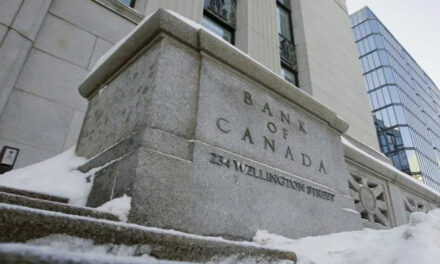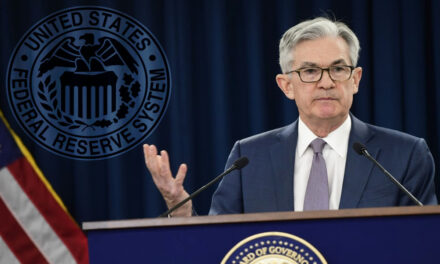Researchers have showed that greater liquidity in an economy comes at cost in the form of increased market risks.
For a long time now financial literature has been stating that liquidity of specific assets, such as a stock, is an important and positive attribute that can reduce risk and add value to the stock. However, the latest study found something completely opposite.
The study shows that the more liquid the market is, the more volatile becomes the average appetite for risk in the whole market. At reasonable risk appetite parameters, trading volume and liquidity of the stock market as a whole peak. When that occurs, there is a massive exchange of shares between investors with different risk appetites. This attribute causes the market price of risk (a.k.a. Sharpe ratio) to be highly volatile, and makes all stocks more risky.
The Sharpe ratio measures how much excess return an investor is receiving for the extra volatility that he endures for holding a riskier asset. Investors need to be compensated for the additional risk vs. holding a risk-free asset, like cash.
However, if the investors in the market are either very similar or very different in their appetite for risk, then trading volume and liquidity drop, and market risk declines, as well.












